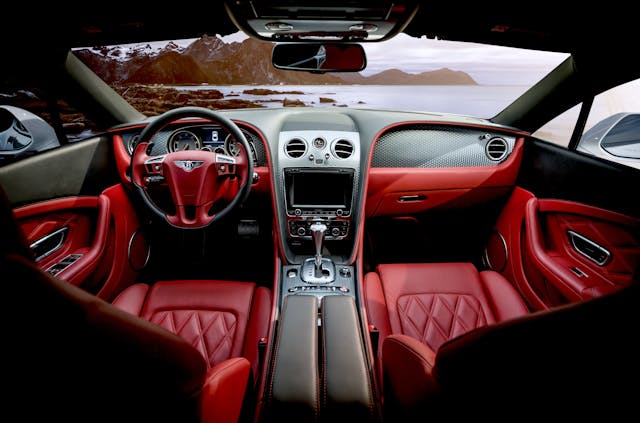Luxury cars are often viewed as status symbols, and for many, owning one is a dream come true. However, the high price tag that comes with these vehicles can be a major deterrent for those looking to make a purchase. Fortunately, there are ways to get a great price on luxury cars without sacrificing quality or style.
One of the most important tips for getting a great price on a luxury car is to do your research. This means researching the make and model of the car you are interested in, as well as the current market value. It’s also important to research the dealership or seller you plan on buying from, as this can have a significant impact on the price you pay.
Another key tip is to be willing to negotiate. Many luxury car dealerships are open to negotiation, and being willing to haggle can help you get a better price. It’s also important to be patient and not rush into a purchase, as this can lead to overspending. By taking the time to do your research and negotiate, you can get a great price on luxury cars and make your dream a reality.
Understanding Luxury Car Pricing
When it comes to buying a luxury car, understanding the pricing can be a bit complicated. In this section, we will decode the sticker price, discuss the role of brand and model in pricing, and compare the depreciation of new cars versus used cars.
Decoding the Sticker Price
The sticker price, also known as the Manufacturer’s Suggested Retail Price (MSRP), is the price that the manufacturer recommends the car to be sold for. However, this price is often negotiable, and dealerships may offer discounts or incentives to lower the price. It is essential to research the MSRP and invoice price of the car to negotiate effectively.
The Role of Brand and Model in Pricing
The brand and model of the car play a significant role in determining the price. Luxury brands such as Mercedes-Benz or BMW tend to have higher prices than non-luxury brands. Additionally, the model of the car can affect the price. For example, a luxury SUV may have a higher price than a luxury sedan from the same brand.
Depreciation: New Car vs. Used Car
Depreciation is the difference between the purchase price of the car and its resale value. Luxury cars tend to depreciate at a faster rate than non-luxury cars. When buying a luxury car, it is essential to consider the depreciation rate, especially if you plan to sell the car in the future. New luxury cars tend to depreciate faster than used luxury cars, making used luxury cars a more cost-effective option.
In summary, understanding luxury car pricing requires research and knowledge of the MSRP, invoice price, brand, model, and depreciation. By taking these factors into account, buyers can negotiate effectively and make informed decisions when purchasing a luxury car.
Strategies for Negotiating and Saving
When it comes to purchasing a luxury car, negotiating and saving can make a significant difference in the final cost. By taking the time to research and plan, buyers can save thousands of dollars on their dream vehicle. Here are some strategies to help negotiate the best deal on a luxury car.
Timing Your Purchase for the Best Deal
Timing is everything when it comes to purchasing a luxury car. Buyers should consider purchasing at the end of the year or end of the quarter when dealerships are looking to meet sales quotas. Additionally, buyers should keep an eye out for manufacturer incentives and promotions, which can be seasonal or based on inventory levels.
Negotiation Tactics with Dealerships
Negotiating with dealerships can be intimidating, but buyers should remember that they hold the power. It’s important to research the fair market value of the desired vehicle and to have a clear understanding of the budget. Buyers should also be prepared to walk away if the salesperson is not willing to negotiate a fair price.
Exploring Financing and Leasing Options
Financing and leasing options can also impact the final cost of a luxury car. Buyers should research and compare interest rates and terms from multiple lenders to ensure they are getting the best deal. Leasing can also be a viable option for those who want to drive a luxury car without the long-term commitment.
Maximizing Trade-In and Rebate Opportunities
Maximizing trade-in and rebate opportunities can also save buyers money on their luxury car purchase. Before heading to the dealership, buyers should research the trade-in value of their current vehicle and negotiate the best price. Rebates and incentives can also be found through the manufacturer or dealership, so buyers should be sure to inquire about these opportunities.
Overall, negotiating and saving on a luxury car purchase takes time and effort, but it can result in significant savings. By utilizing these strategies and being confident in the negotiation process, buyers can drive away with their dream car at a fair price. And if the buyer needs to transport the car, luxury car shipping services are available to provide safe and reliable transportation.



